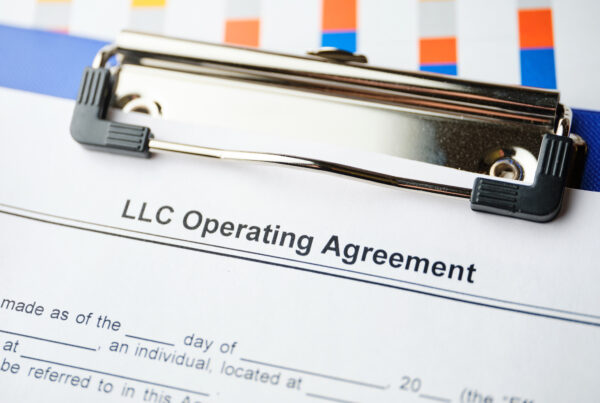Last Updated on February 28, 2025 by Dave Schoenbeck
Franchising can be a lucrative business opportunity for those seeking an exciting extension of your business. However, if you’re looking to franchise your business or become a franchisee, it’s essential to go into the process thoroughly equipped with knowledge of why franchises fail.

Often, a combination of missteps between the franchisor and the franchisee leads to a franchise’s demise. You can guard against some of the most common pitfalls by learning why franchises fail.
Why do Some Franchises Fail?
The reasons why franchises fail can vary from business to business, but there are some red flags that almost universally can doom a franchise from the start. Here are a few of the most common reasons why franchises fail:
- The franchisor sells to unqualified, inexperienced, undercapitalized, or naive franchisees. In addition, franchisees are unrealistic about the workload of operating a franchise.
- The franchisor fails to control all aspects of the brand it has created, leading to inconsistency and confusion.
- The franchisor fails to fully develop its systems and processes, leaving franchisees without a fully vetted road map to success. Franchisors sometimes rush to sell to franchisees to bring in early capital.
- The franchisor has not yet proven its concept, and it underestimates its competitors. In other words, the franchise isn’t filling a unique enough need in the community, while the competition already has a handle on the market.
- The franchisee is a poor manager and cannot maintain high standards at the franchise.
- The franchise concept is too difficult to scale significantly, thus restricting growth funding for building infrastructure.
- The culture the franchisor has created prioritizes the “system” over exceptional service delight.
- The franchisee is financially unprepared. They are blinded by the desire to “get rich quick” and don’t realize that businesses, even with established brand names, take significant capital to build.
- The franchisor was too slow to build and fund the centralized support system with key people to support a distributed business with multiple locations.
- The franchisor sold to franchisees too early or too late, missing the sweet spot.
What Makes a Franchise Successful?
Like the reasons why franchises fail, the markers of success vary slightly depending on the franchise. However, there are a few common factors across most successful franchises. Here are the points you need to hit for your franchise to thrive:
- Franchisors and franchisees are realistic about the entire process. Franchisees know the time and financial commitment required to manage a franchise and are prepared to take on the job.
- There is a demonstrated need for the franchise in the marketplace. So you aren’t moving into an area with heavy competition and offering a business that isn’t needed.
- Customer service is phenomenal. The franchise quickly wins over and retains loyal customers.
- Franchisees have enough capital to build the business. This includes a marketing budget and plan and a substantial safety net for the first two years.
- Franchisors and franchisees alike are good leaders with strong management skills. They communicate responsibly and run a tight ship.
Don’t become overwhelmed by the reasons why franchises fail. If you are considering becoming a franchisee or are planning to franchise your business, hiring an experienced business coach is a great idea. Please fill out my contact form for a complimentary coaching session to ensure your success and prevent you from becoming one of those unsuccessful franchises.
Coach Dave
- Why You Should Develop Content Monetization Strategies for Your Business - August 28, 2025
- Artfully Managing Your Business Growth and Success - August 21, 2025
- How Short-term Goals Support Long-term Goals and Aspirations in Your Business - August 14, 2025


